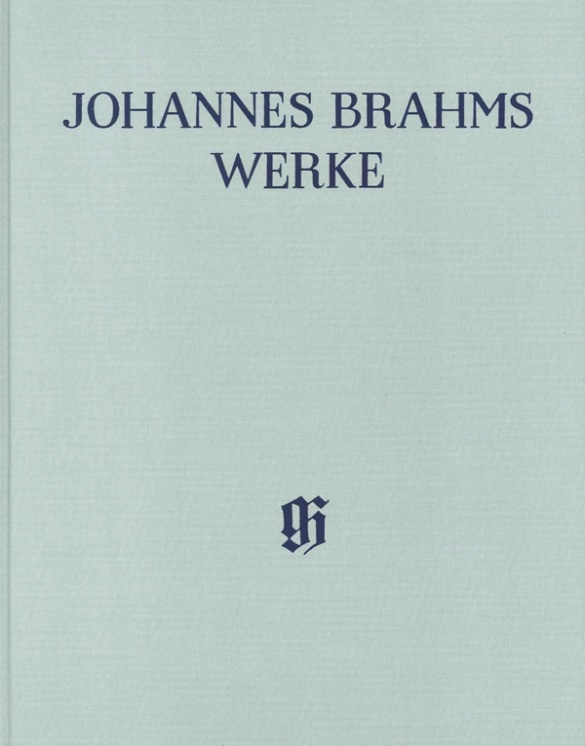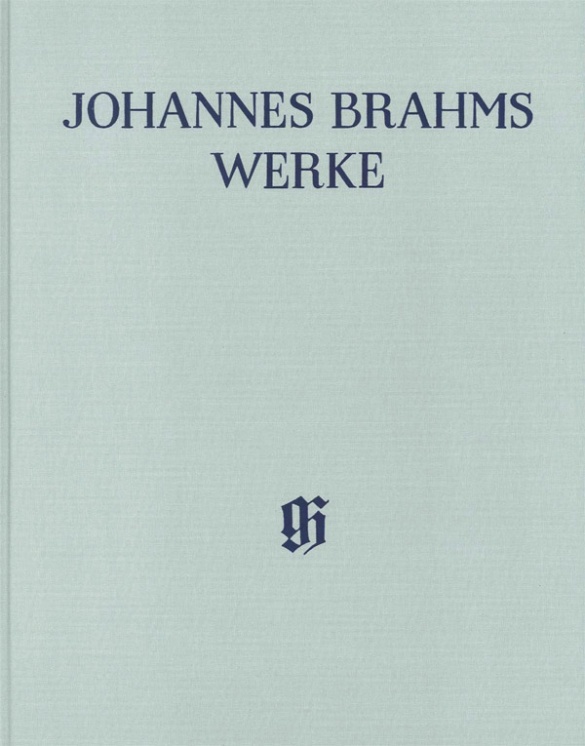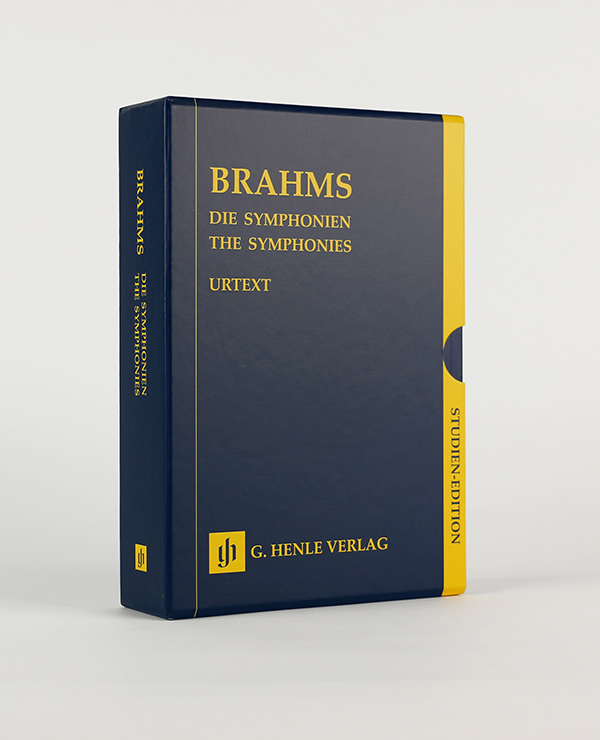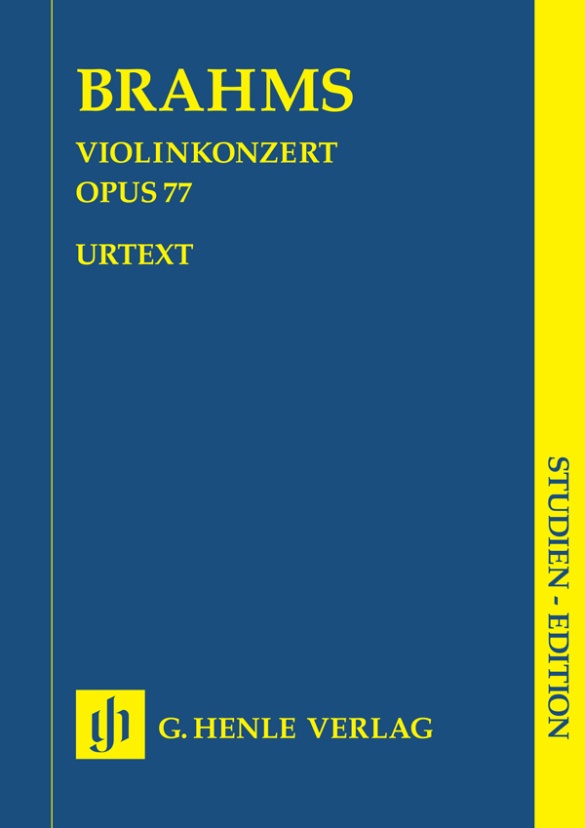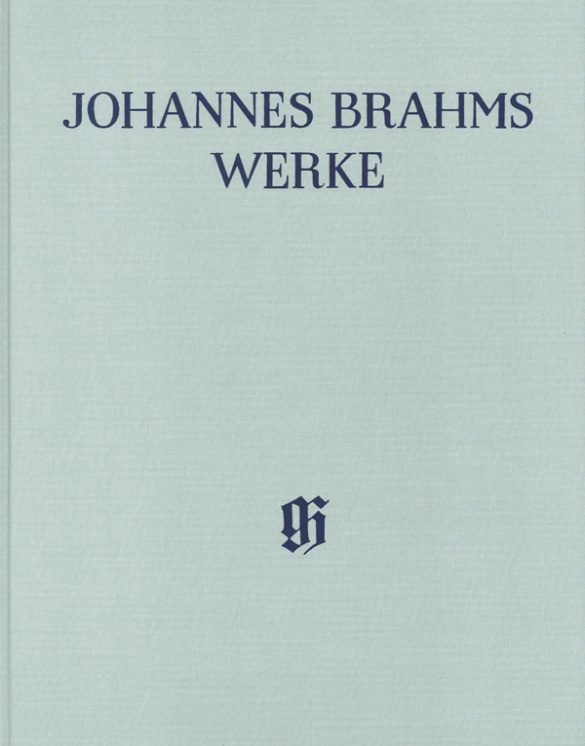Johannes Brahms
Ser. 1, Vol. 3 | Symphony no. 3 F major op. 90
Content/Details
About the Composer

Johannes Brahms
His significant output comprises chamber music, piano works, numerous choral compositions and songs (including settings of folk-song lyrics), as well as large-scale orchestral works in the 1870s and 1880s. His compositions are characterized by the process of developing variation. He is considered an antithesis to the New German School around Liszt, and an advocate of “absolute” music.
About the Authors
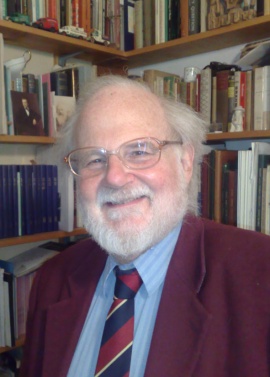
Robert Pascall (Editor)
Until his death he was Honorary Professor of Music Philology at the University of Cambridge. He acted as Vice-chair of the new Complete Brahms Edition from its inception in 1991 and was then a member of its Beirat. He edited the symphonies for this edition, including Brahms’s own arrangements of them for piano duet, and advised conductors and orchestras on historically informed performance of Brahms’s music. He was President of the Society for Music Analysis 1996-2000, an
Product Safety Informations (GPSR)

G. Henle Verlag
Here you can find the information about the manufacturer of the product.G. Henle Verlag e.K.
Forstenrieder Allee 122
81476 München
Germany
info@henle.de
www.henle.com
Um es vorweg zu nehmen: Der vorliegende Band erfüllt alle Anforderungen in mustergültiger Weise. Robert Pascall, der in der neuen Gesamtausgabe der Werke von Johannes Brahms bereits als Editor der Ersten und Zweiten Symphonie (letztere gemeinsam mit Michael Struck) tätig war, legt einen Band vor, der in praktisch keinerlei Hinsicht irgendwelche Wünsche offen lässt. … Es gehört zu dem hervorragenden Gesamteindruck dieser Edition, dass an faksimilierten Dokumenten allgemein nicht gespart wird und eben auch die Titelseiten der Keller’schen Liste wie der Druckfehler-Beilage aufgenommen worden sind. … Auch in der optischen Gestaltung erfüllt der Band beinahe alle nur denkbaren Anforderungen, berüchtigte ‚Bleiwüsten‛ wird man nicht finden. Der Notentext ist von graphisch dokumentieren Varianten weitgehend befreit, was die Lesbarkeit und damit die Praktikabilität der Ausgabe erhöht.
Musikforschung, 2008推荐
autogenerated_cross_selling
本书目其他版本
本书目其他版本


